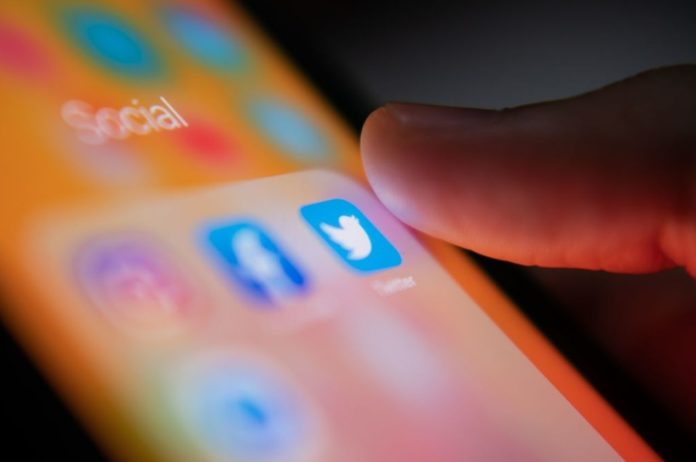Almost a quarter of adults in the United States claim they use Twitter for anything from news to sports to politics. However, just a small percentage of those users are tweeting.
According to two new Pew Research Center research, the majority of tweets on the social media network come from a small group of users. One of the studies, which looked at the habits and views of U.S. adults on Twitter, discovered that the top 25% of adult users produced 97 percent of all tweets.
According to Aaron Smith, director of the Center’s Data Labs research team and one of the report’s lead authors, this aligns with trends documented in past Pew research.
“My team has looked at everything from popular YouTube channels to social media posts from members of Congress. And in almost every one of those studies, we see a pretty similar relationship to this where a minority of people or groups produce the majority of stuff,” Smith said.
Smith explained that Pew wanted to dig deeper into its research on this group of active Twitter users to discover how they differed from others who were merely lurking on the network.
In many ways, active users behave just as you’d expect, according to Smith. They have a larger number of followers and are followed by a larger number of individuals. They spend a lot of time on the site, with 58 percent saying they visit it every day and more than one-fifth saying they visit it too many times each day to count.
“If you ask them questions about their behaviors on the site, they’ll tell you that they’re mostly there to speak their own opinions. All that kind of lines up with what you’d expect,” Smith said.
The political habits of this group, as well as how these users interpret potentially bad activity on Twitter, surprised the researchers, he said.
According to the study, active users are more likely to claim that their use of Twitter has helped them feel more politically engaged in the last year. As a result, they’re a more politically involved population, according to Smith.
Pew discovered a partisan divide on opinion about Twitter’s impact on democracy. Republicans and Republican-leaning independents were nearly twice as likely as Democrats and Democratic-leaning independents “to say the site is bad for American democracy(60 percent vs. 28 percent),” according to Pew researchers.
“Conversely, roughly half of Democrats who use the site say it is good for American democracy — just 17% of Republican users say the same,” they added. That’s in line with trends seen in other research, Smith said.
High-volume tweeters, regardless of political background, are about twice as likely to be harassed or abused on the platform. However, the group is less likely to agree that the tone or civility of Twitter exchanges is a serious issue.
“They brush off some behaviors that other users might might find more problematic and are willing to put up with some things that we might find troublesome in other contexts,” Smith said.
While both Republicans and Democrats agree that concerns like civility and misinformation are significant, Republican tweeters are far more likely than Democratic tweeters to believe that limiting the reach or exposure of specific postings or outright banning people is a major issue.
Only 6% of Democratic and Democratic-leaning Twitter users perceive user banning as a serious issue, whereas 61 percent of Republican and Republican-leaning users see it as a major issue.
Another interesting result was that, although sending an average of 65 tweets per month, people in the top 25 percent of producers receive very little engagement, with only 37 likes and one retweet each month.
“In a lot of ways, you know, these are folks that are kind of talking to themselves a little bit,” Smith said, and they tend to not have much “positive reinforcement or interaction with the broader Twitter universe.”
Image Credit:
You were reading: This is what U.S. Adults do most on Twitter
